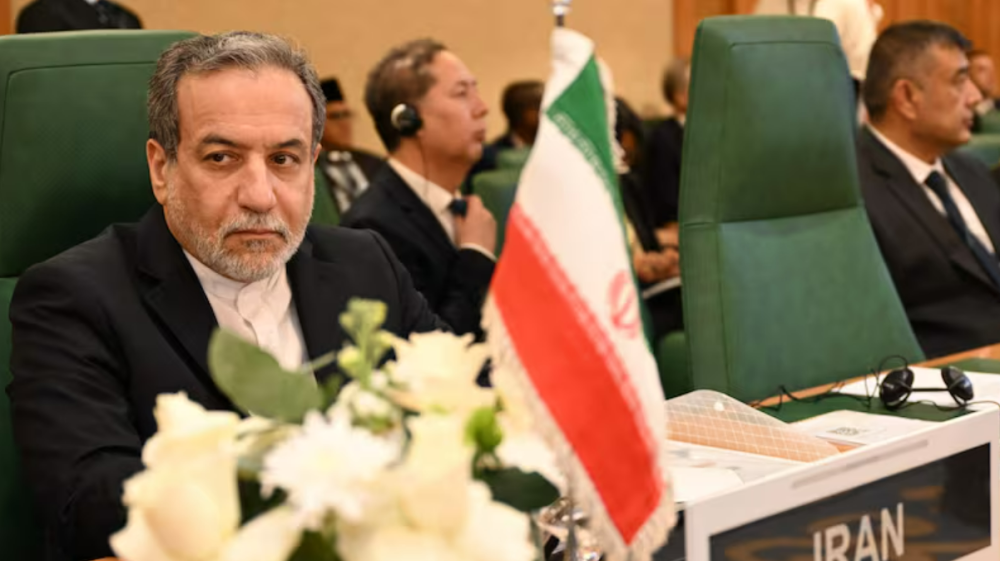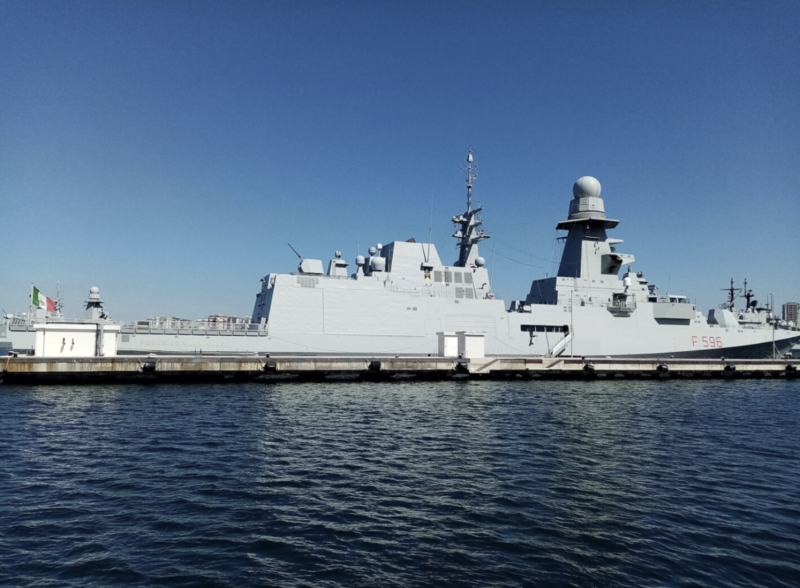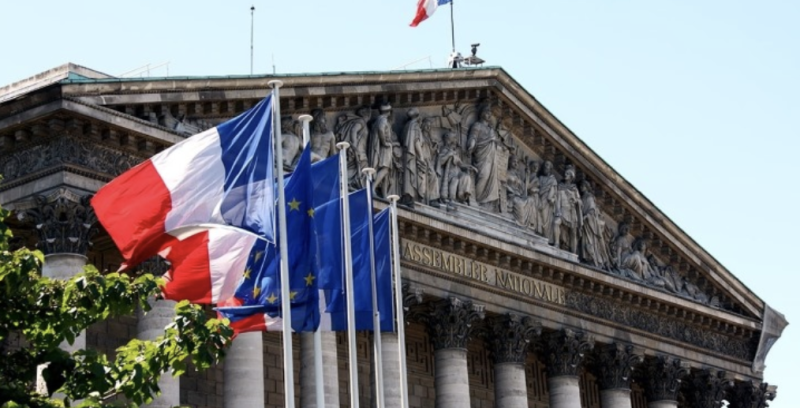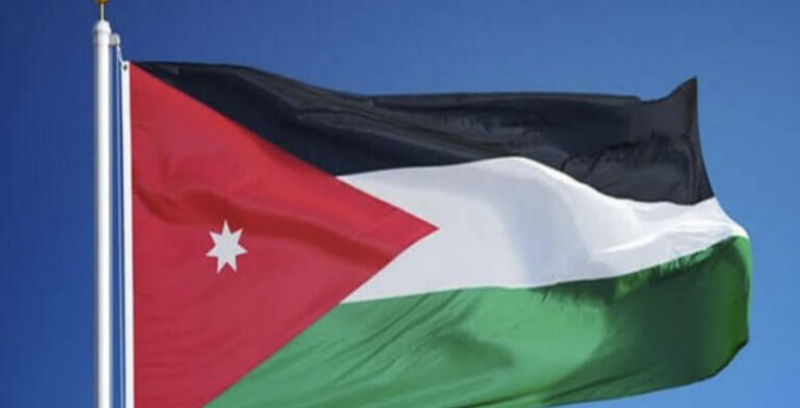Egypt urges Iran to protect Red Sea trade after Houthi attacks


Egypt has urged Iran to avoid actions that could further destabilise the Middle East, with Cairo pressing the need to restore security to the Red Sea after attacks on shipping by the Tehran-backed Houthis.
According to a statement from the Egyptian foreign ministry, Foreign Minister Badr Abdelatty told Iranian counterpart Abbas Araghchi in a phone call on Wednesday night that securing the waterway is crucial for Egypt’s economy and regional stability.
Mr Abdelatty underlined "the importance of self-restraint during this delicate stage in the region” and urged Iran "to avoid taking any step that would increase tension", said the statement.
“The call also took up the developments in the Red Sea, asserting the necessity of protecting freedom of navigation in the Red Sea and restoring calmness in the region.”
Iran has been accused of supporting a range of armed groups across the Middle East in its proxy war for influence with Saudi Arabia and its allies.
Houthi attacks on shipping in the Red Sea reportedly cost Egypt $7 billion in lost shipping tolls in 2024, according to a recent speech by President Abdel Fattah El Sisi. The Yemeni rebels have repeatedly said they are acting in solidarity with Gaza in the war with Israel.
The instability in the waterway has forced many shipping companies to reroute vessels around the African continent, significantly increasing costs and delivery times.
Egypt’s call for restraint came two days before landmark US-Iran nuclear talks are scheduled to begin in Oman. The discussions, the first between the two countries in years, are expected to focus on Iran’s nuclear programme.
The stakes for the talks are high. The International Atomic Energy Agency recently reported that Iran possesses enough 60 per cent-enriched uranium to potentially produce six nuclear warheads if further enriched to weapons-grade levels.
Washington seeks the full dismantling of Iran’s nuclear programme and an end to its support for regional militias such as the Houthis and Hezbollah. These demands may prove too much for Tehran, which has long insisted on retaining some level of uranium enrichment for civilian purposes.
The talks will take place against the backdrop of a deteriorating regional situation. Iran’s economy is under immense strain due to US sanctions, with soaring inflation and a plunging currency.
Meanwhile, the influence of Tehran's allies like Hamas and Hezbollah has waned after 18 months of war between Israel and Hamas in Gaza.
Egypt’s plea for de-escalation reflects its concerns about the broader implications of the talks. Failure to reach a deal could lead to further instability in the Red Sea and beyond, while success could pave the way for greater regional co-operation and an economic recovery.

Red Sea — The European naval mission tasked with safeguarding international shipping lanes announced that an Italian frigate operating under…

Paris – The French Ministry of Foreign Affairs issued a statement expressing deep concern over the situation in Yemen, while reaffirming its…

Amman – Jordan’s Ministry of Foreign Affairs and Expatriates issued a statement on Wednesday underscoring the Kingdom’s close mon…